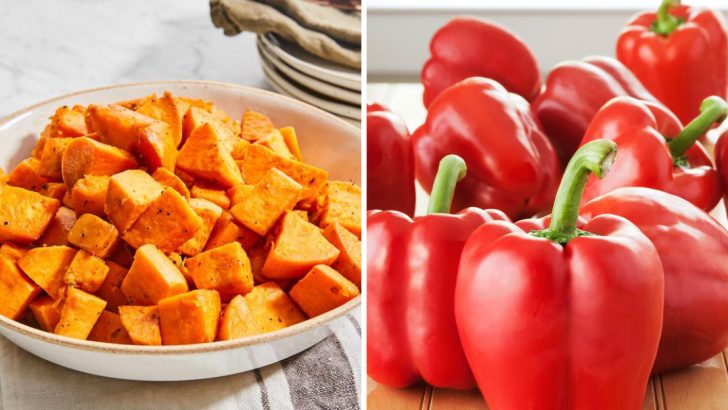Seasonal allergies can turn beautiful spring days into a nightmare of sneezing and itchy eyes. What you eat plays a surprising role in how your body reacts to pollen and other allergens.
Some foods can calm your immune system and reduce symptoms, while others might make you feel worse. Let’s explore which foods to put on your plate and which ones to skip when allergy season hits.
1. Plain Greek Yogurt
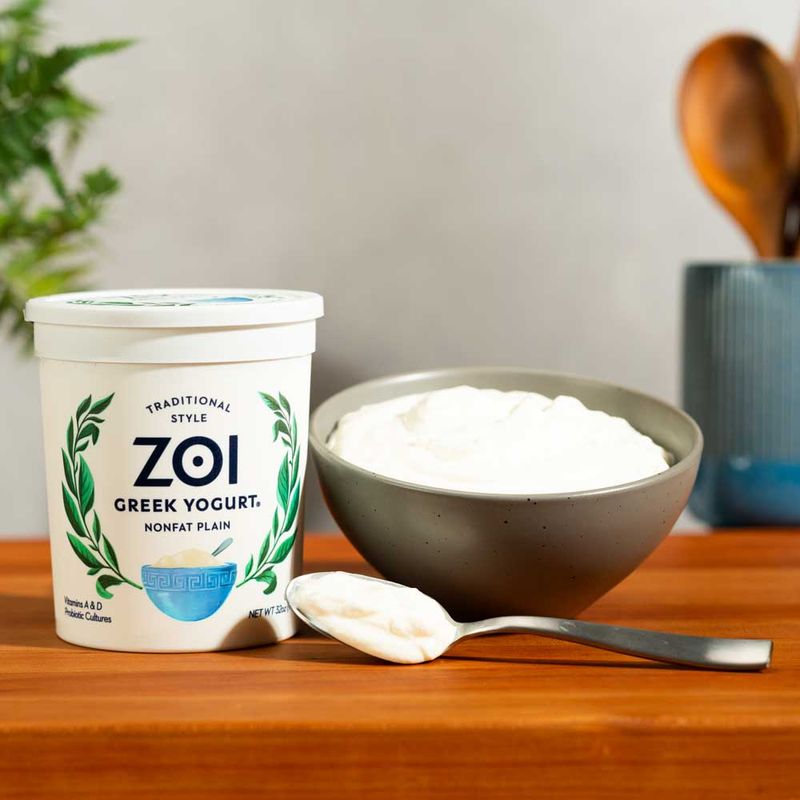
Grab a spoon and dig into some creamy Greek yogurt! Those beneficial probiotics aren’t just good for your gut—they’re allergy fighters in disguise.
The healthy bacteria help regulate your immune system’s response, potentially reducing those annoying sneezing fits and watery eyes. Look for varieties with live active cultures for maximum benefit.
2. Red Bell Peppers
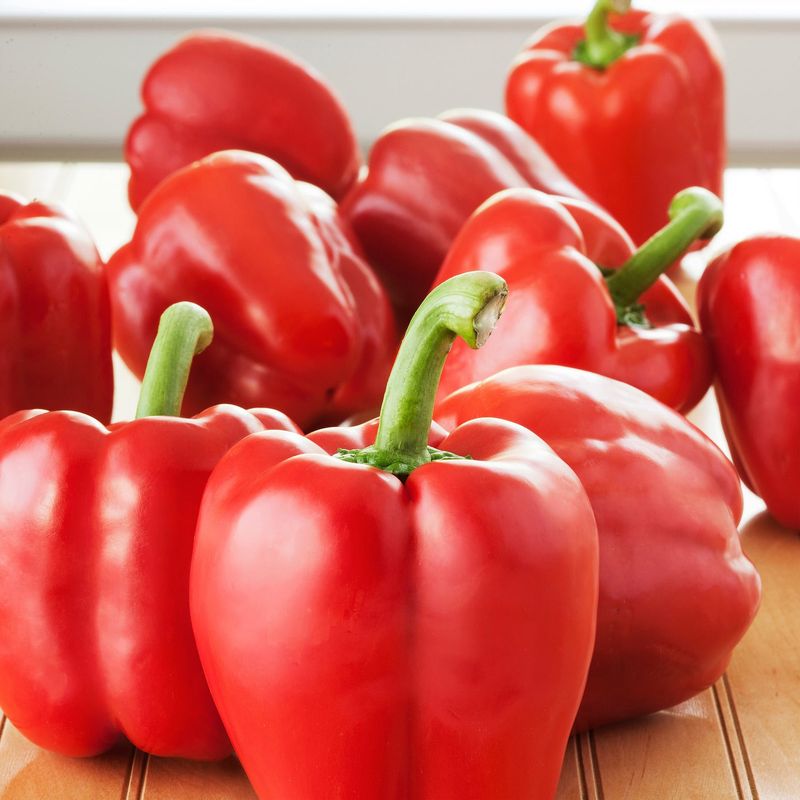
Would you believe one red bell pepper packs more vitamin C than an orange? This immune-boosting powerhouse helps reduce histamine production—the chemical that causes all those miserable allergy symptoms.
Crunchy, sweet, and incredibly versatile, these vibrant veggies make perfect snacks, salad toppers, or stir-fry ingredients. Their natural antihistamine properties might help decrease nasal congestion and eye irritation when pollen counts soar.
3. Ginger
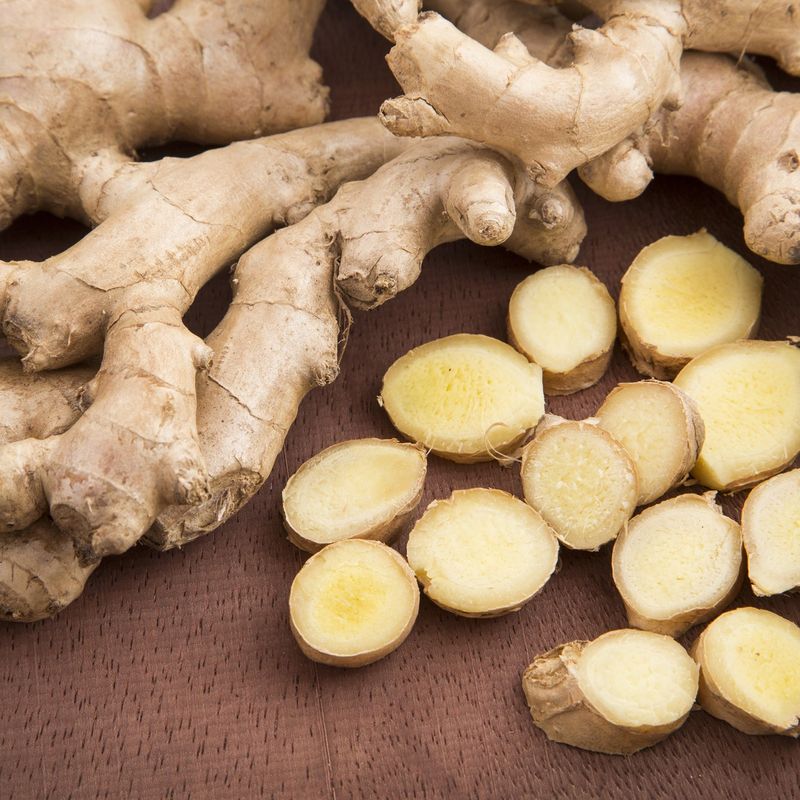
Feel that burn? Ginger’s spicy kick comes from compounds that block allergy-causing leukotrienes and histamines before they wreak havoc on your system.
Ancient healers weren’t fooling around when they prescribed this root for respiratory issues. Modern research shows they were onto something—ginger contains potent anti-inflammatory compounds that may reduce swelling in nasal passages and ease breathing difficulties.
4. Onions
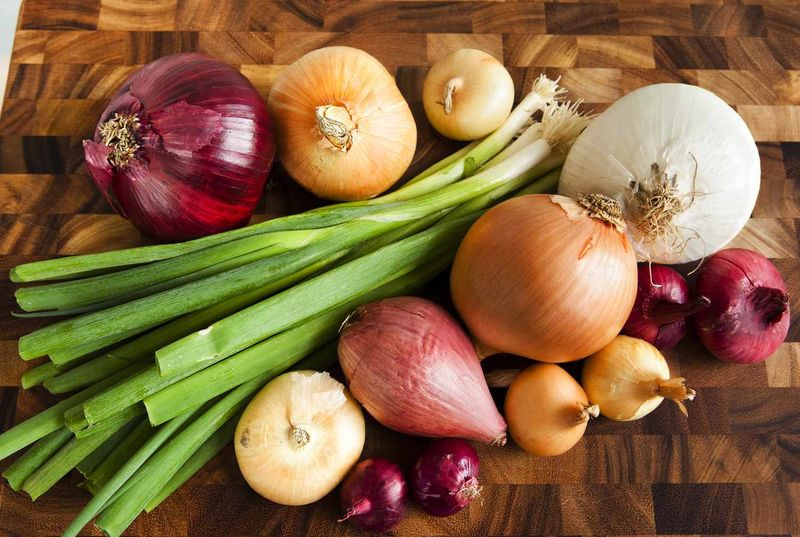
Sure, they make you cry—but onions might actually dry up your allergy tears! These pungent bulbs contain quercetin, a natural compound that acts like an antihistamine without the drowsy side effects.
Quercetin stabilizes the cells that release histamine, potentially reducing sneezing, itching, and congestion. Red and yellow varieties pack the biggest quercetin punch, so choose these over white onions when possible.
5. Sweet Potatoes
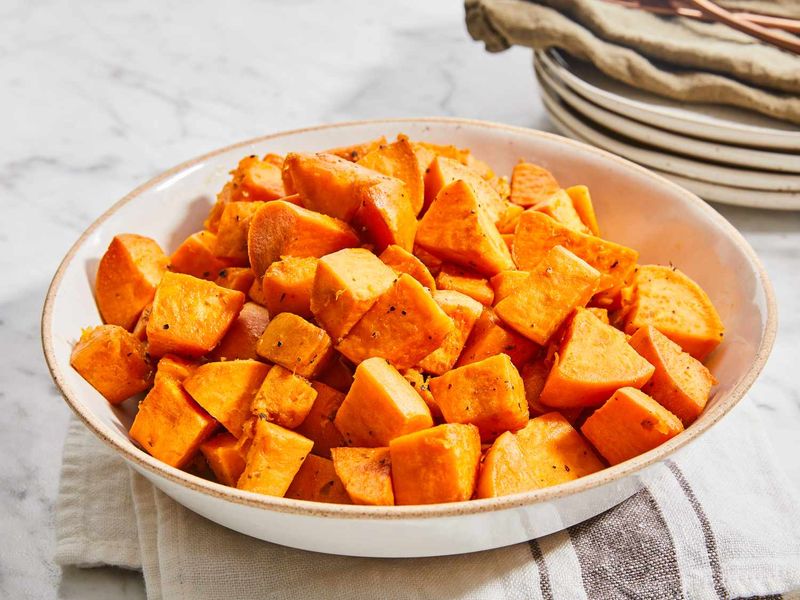
Orange you glad sweet potatoes exist? Their vibrant color comes from beta-carotene, which your body converts to vitamin A—a crucial nutrient for maintaining healthy mucous membranes in your nose and throat.
When these barriers function properly, they’re better at keeping allergens from penetrating deeper into your system. The result? Less inflammation and fewer symptoms when pollen counts climb.
6. Turmeric
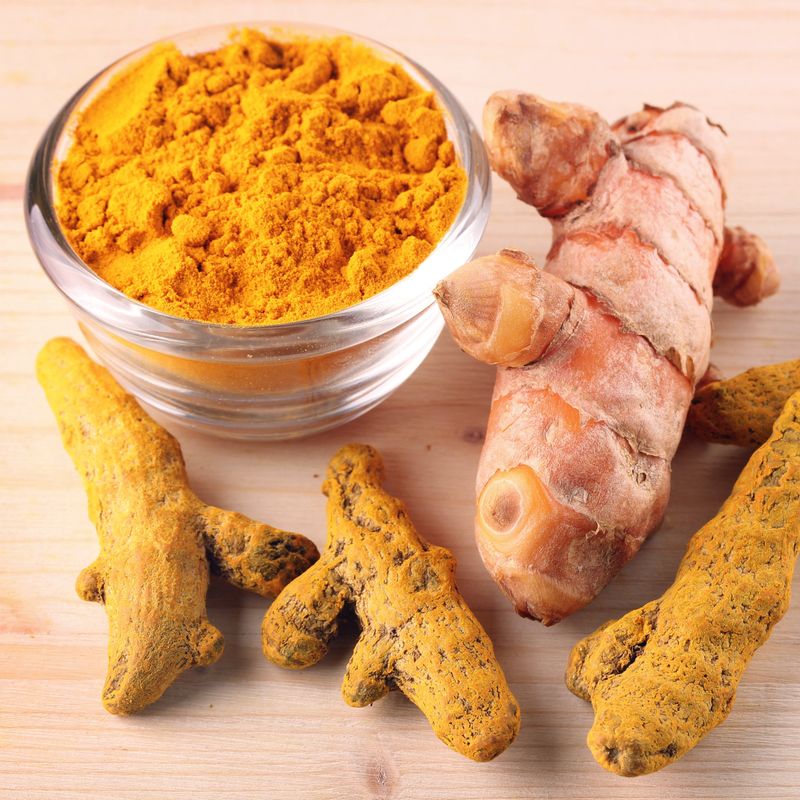
Meet curcumin, turmeric’s active ingredient and your sinuses’ new best friend! This golden powder does more than stain your fingers—it’s a potent anti-inflammatory that may reduce the body’s allergic response.
Studies suggest curcumin can inhibit histamine release and suppress inflammatory markers. The catch? It’s poorly absorbed alone, so always pair it with black pepper (which contains piperine) to boost absorption by up to 2000%!
7. Certain Raw Fruits And Veggies
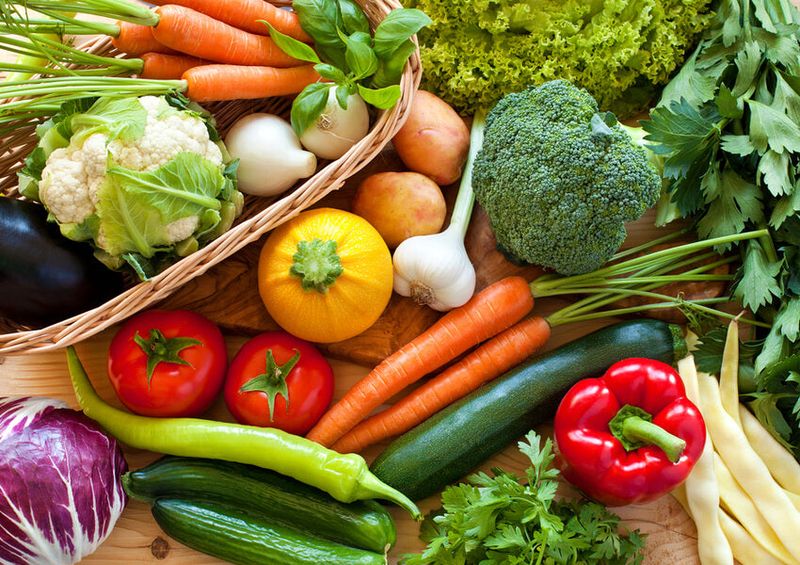
Ever bitten into an apple and felt your lips tingle? You might have Oral Allergy Syndrome—when your body confuses certain proteins in fresh produce with pollen proteins!
Apples, peaches, cherries, and carrots can trigger reactions in people allergic to birch pollen. Melons, bananas, and cucumbers might bother those with ragweed allergies. The sneaky part? You might react to these foods only during allergy season when your system is already on high alert.
8. Alcohol

That glass of wine might be making your sneezing worse! Alcohol dilates blood vessels and can increase blood flow to already-inflamed nasal tissues, turning mild congestion into full-blown stuffiness.
Beer and wine are double trouble—they often contain histamines and sulfites that directly trigger allergy-like symptoms. Red wine tends to be the worst offender, with its higher histamine content.
9. Sugary Foods

That cookie isn’t just expanding your waistline—it’s potentially amplifying your allergy misery! Sugar triggers inflammation throughout your body, including those already irritated nasal passages and sinuses.
High-sugar diets can weaken your immune system’s ability to properly regulate itself. When your immune system is compromised, it’s more likely to overreact to harmless substances like pollen and dander.
10. Processed Snacks

Those cheese puffs might be your comfort food, but they’re no friend to your immune system! Processed snacks often contain preservatives, artificial colors, and flavor enhancers that can trigger or worsen allergic reactions in sensitive individuals.
Monosodium glutamate (MSG), sulfites, and artificial food dyes have all been linked to increased inflammation and histamine responses. Many processed foods also contain refined oils that promote inflammation throughout the body.
11. Red Meat
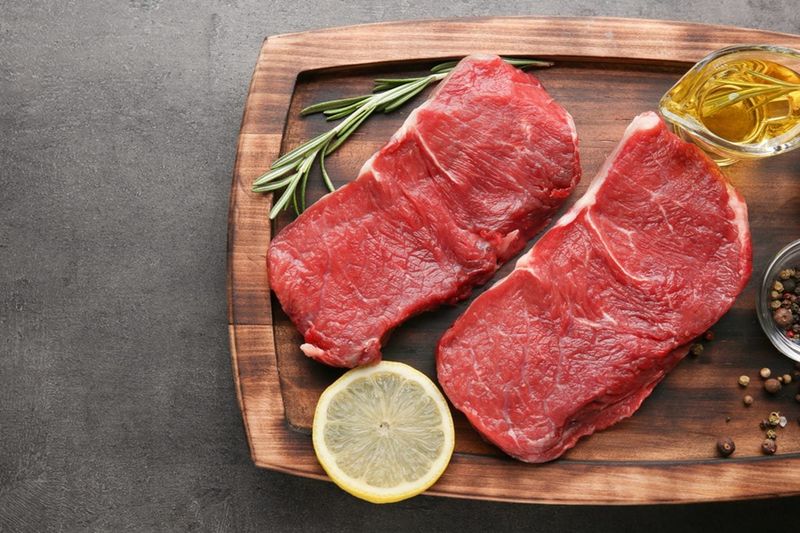
Forget what you’ve heard about protein—when it comes from red meat during allergy season, it might be doing more harm than good! Red meat contains arachidonic acid, which can increase the production of inflammatory compounds called prostaglandins and leukotrienes.
These compounds worsen existing inflammation in your respiratory system, potentially making congestion, sneezing, and other allergy symptoms more severe. The high saturated fat content doesn’t help either—it’s another inflammation trigger.

